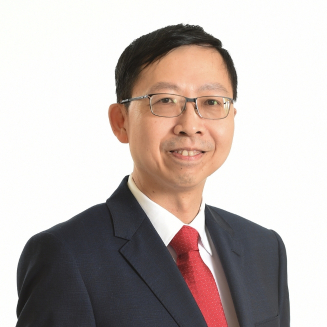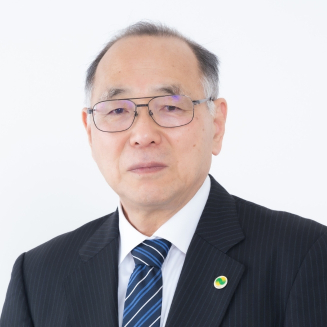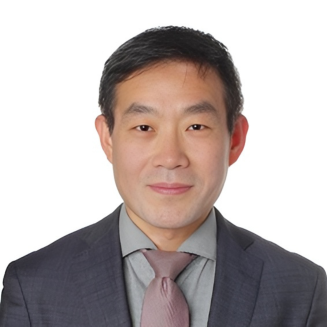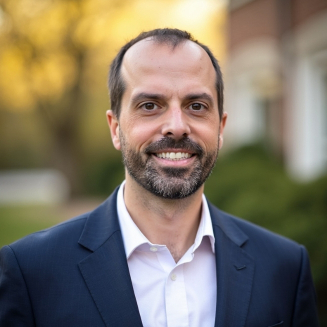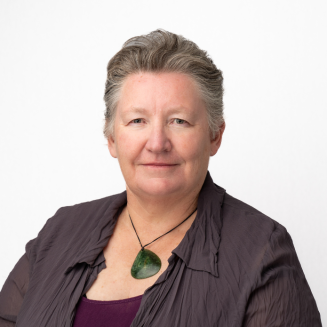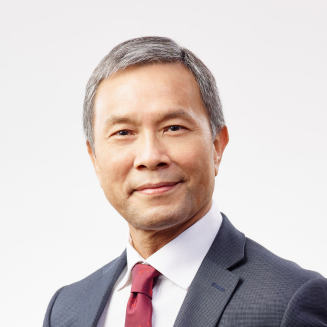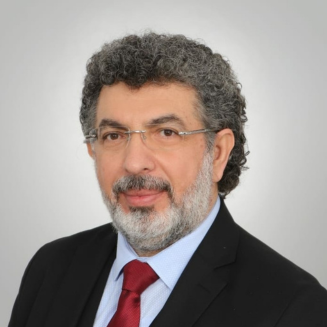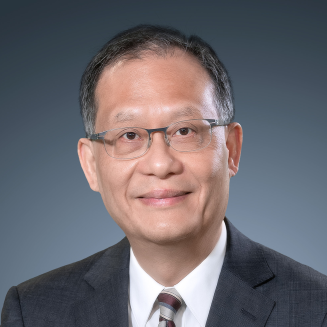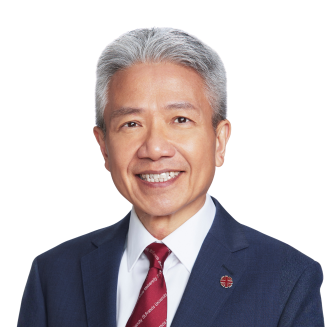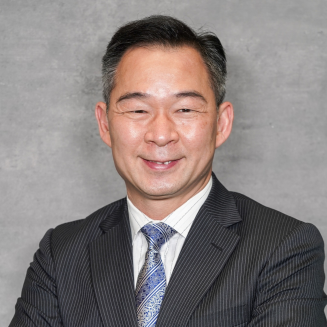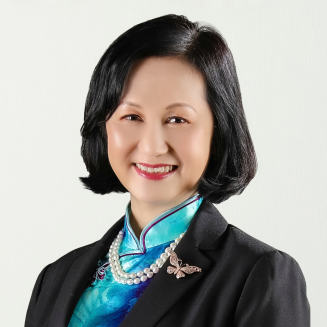Plenary Session 3 Chair & Commentator Day 3 - 09:35-10:35
With over three decades of experience in higher education, Prof Cicek has had the privilege of serving in 12 institutions across 10 countries on three continents.
As a Business Professor and lifelong learner, he currently serves as an international senior advisor/expert in the Internationalization of Higher Education, Quality Assurance & Accreditation, and Global University Rankings. Over the years, he has been actively involved in Teaching and Learning including TVET, Research and Development, the Third Mission, and various international projects in Higher Education landscape.
Throughout Prof Cicek's career, he has made significant contributions—through various roles—to numerous Higher Education Institutions (HEIs), Quality Assurance Agencies (QAAs), Ministries, Councils, and regional and international Networks and Associations in countries such as the UAE (Dubai), Singapore, Switzerland, Northern Cyprus, Turkey, the United Kingdom, Kyrgyzstan, the United States, Slovenia, and the Netherlands.
Prof Cicek holds and has held several prominent leadership and senior advisory positions in the global higher education community. He currently serves as an elected Board Director of INQAAHE (International Network for Quality Assurance Agencies in Higher Education) and, since 2022, as a member of the CHEA-CIQG (Council for Higher Education Accreditation’s International Quality Group) Advisory Council in the USA. He is the current President of IQA (Association of Quality Assurance Agencies of the Islamic World) and Past Vice President of CEENQA (Central and Eastern European Network of Quality Assurance Agencies in Higher Education).
Additionally, he serves on the Accreditation Committee of the British Accreditation Council (BAC) in the UK (since 2020) and is a member of the Quality Assurance Committee (QAC) of the Malta Further and Higher Education Authority (MFHEA). He also acts as an International Advisor to THEQC (Türkiye Higher Education Quality Council) and Senior Advisor to E-Quadrat Science & Education. Since January 2025, he has been appointed as a Member of the International Strategic Partners Council of the Ministry of Higher Education and Science of Kazakhstan.
He plays a key role as an Advisory Board member, panel chair, evaluator, and senior consultant for many institutional and program-level accreditation bodies worldwide, including organizations such as NVAO, AQAS, MFHEA, NAKVIS, QAA, THEQC, FIBAA, KAA, and BQA, across regions including the Americas, Europe, Central Asia, the Middle East, and the Far East.
His professional involvement also includes participation in various European Union-funded projects as an external evaluator, senior national expert, researcher, and trainer. As a recognized keynote speaker and panelist, he has been invited to speak at numerous international conferences and academic forums. He continues to serve as an international consultant in Quality Assurance, Accreditation, and Rankings for prestigious HEIs and leading international and national organizations, including the OECD, UNESCO, the European Union, Ministries, QA agencies, and global higher education networks.









